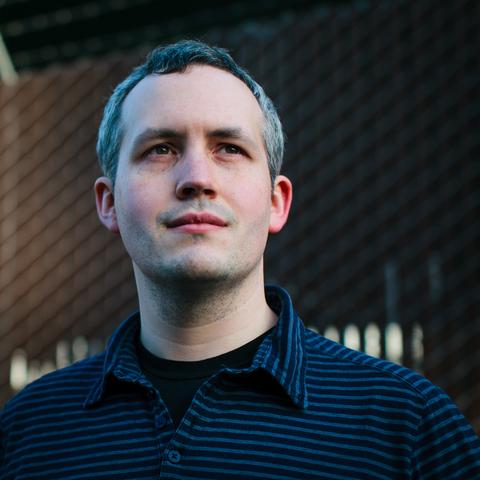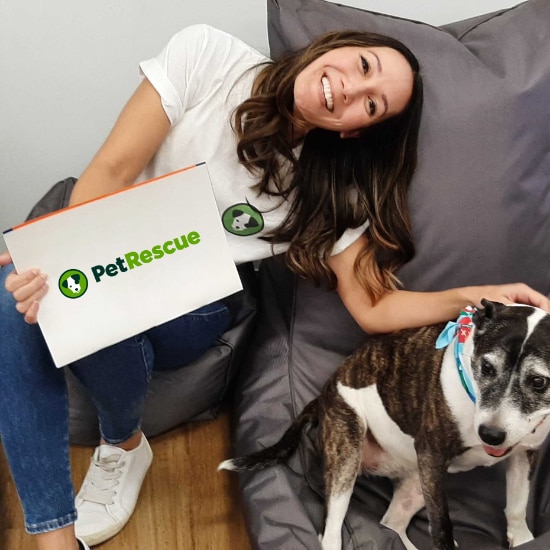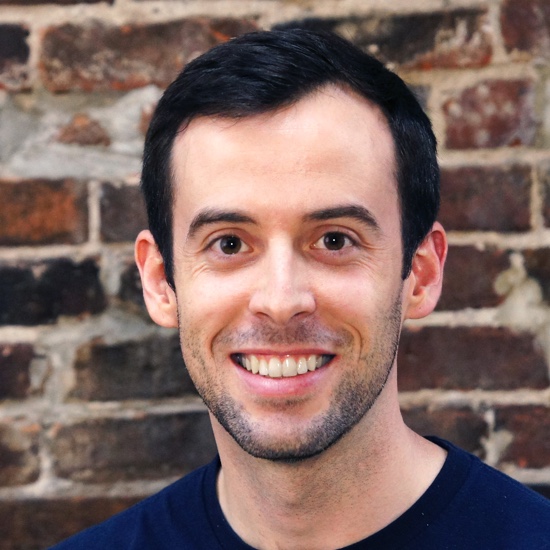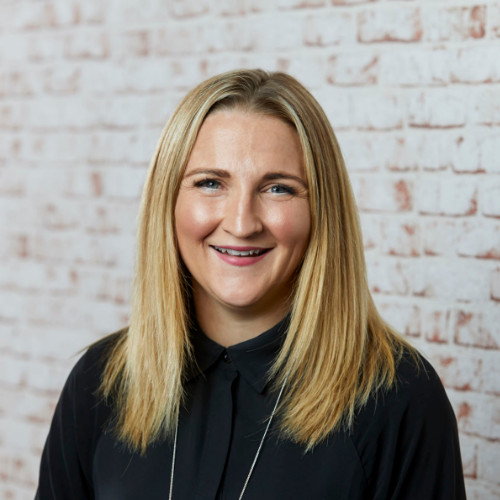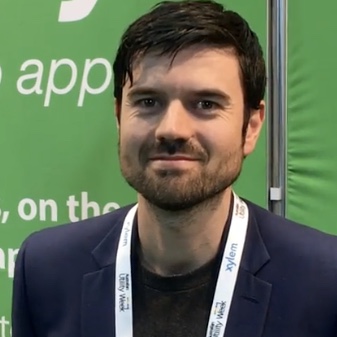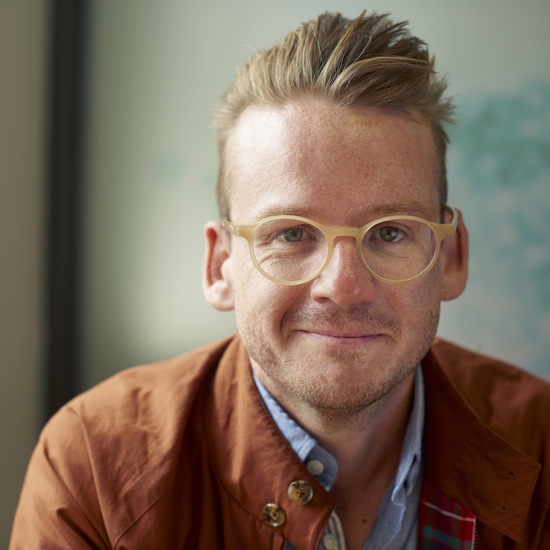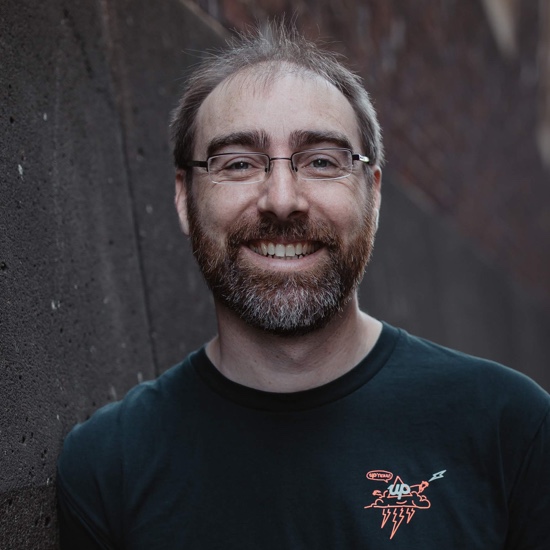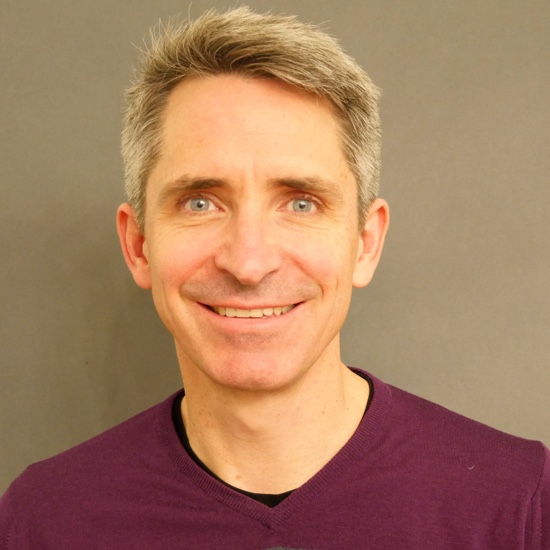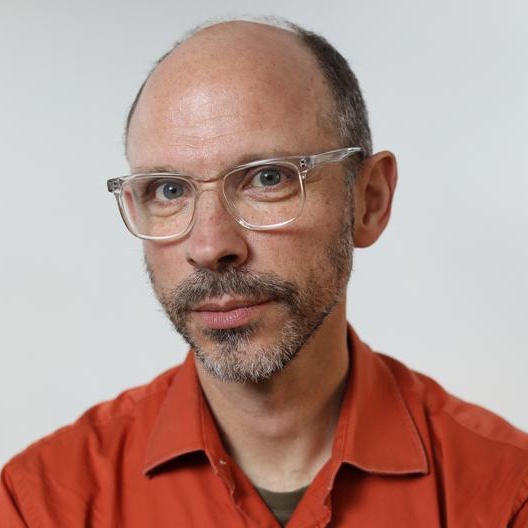Day 1
- Melbourne: August 1st
Registration
,
Grab an excellent barista coffee, while you register for two big days of product design goodness.
Welcome
John Allsopp, Web Directions
The Product Polygon
David Demaree, Product Manager, Material Design Google
No one is more likely to Google ‘what does a product manager do’ than product managers. Our jobs are amorphous, ever-changing, and totally dependent on context. The shape of a successful PM role can vary wildly between companies, teams, or even roles on the same team, so we’re always on the lookout for models to help make sense of our field.
Most PMs are likely familiar with the infamous Venn diagram of UX, engineering, and business, with PMs located at dead center. However, oftentimes we find that our skills and interests put us more toward one of the edges than the middle, and moreover that what our teams need from is are also not perfectly balanced, in ways that aren’t apparent until problems arise.
Rather than focus on how product relates to other roles like UX and engineering, let’s instead look at what PMs do, what perspectives we bring to the table, and how those can match up with the skills and perspectives our teams need. An effective product manager role isn’t a point on a Venn diagram, but rather a unique, differently-shaped polygon with vertices such as communications, leadership, organization, and yes, UX, business, and engineering. In this talk, David will introduce this model for understanding what PMs do, and how PMs can relate it to understanding and developing their careers.
Morning Break
,
Fuel your morning with an excellent coffee, and morning tea we've specially chosen to pick-you-up.
Roadmaps, gaps and traps
Patima Tantiprasut, GM Pet Rescue
Building High Perfomance product Teams
Anna Harrison, Product Strategy Advisor thnx!
In the last year, the question that I have been asked most often is “what can I do to increase the performance of my product team”. As product design and development mature as a discipline, product teams begin to replace traditional engineering led development teams. Processes have been adapted and optimised - developers and designers are doing sprints, often together. Systems have been adapted and optimissed - Jira, Asana, and dozens of alternatives serve developers and designers well.
When it comes to the People - we have not nailed this part yet. The general truism of “hire well” is both hard to execute on, and not enough to guarantee that the product team as a unit will perform optimally.
In this session, I’ll lead a discussion that considers how the nature of work, hiring and recruiting needs to undergo a transition in order to scale the creation of high performance product teams. Being a product person, I’ll also highlight the product opportunities that this shift will give rise to. Recommended for anyone who works in the product field, thinks about how to futureproof their relevance in the workplace, and those involved in the recruiting and hiring of developers, designers and product owners.
Positive Psychology and Leadership in product management
Liz Blink, Product Designer & Co-Founder of Product Anonymous
“It takes 7 seconds for the mood of a leader to infect the team” Michelle McQuaid, MAPP
Positive psychology is about the concept of wellbeing of the mind, not dissimilar to the idea of training your body to be fit and healthy and avoid injury and improve long-term health by working on the areas of wellbeing that improve resilience personally and in the workplace. The science of mood contagion is a key reason to focus on discussing this concept with leaders and influencers in organisations.
Since every product manager at any level in an organisation is a leader, positive psychology is an important concept for PMs to understand in order to enable them to build high-performing teams & actively contribute to a positive culture at their organisation.
The broader reasons for understanding the benefits of positive psychology at an exec level is that an organisation that invests in staff wellbeing drive increases to company:
- profitability
- productivity
- quality
- customer satisfaction
- employee retention (Cameron, Bright, Caza, 2004)
Thus, while the entire profession and skills of a product manager are focused on the contribution to these same metrics by making their product successful and thereby improving company objectives, I would like to add the skill of building a positive culture to their toolbox in order to compound their success.
10 Rules for a Successful Product (or How To Work With Developers and Designers)
Patrick De Young, Senior Product Manager Domain
Delivering a successful product is easy: mix two parts empathy with one part innovation, shake well and garnish with the JavaScript framework of your choice. Job's done! Or so you thought. You probably need someone to design your product. And someone to bring those designs to life. Working with designers and developers doesn't need to be the nightmare you're imagining. Listen in as I share my experience as a product manager, conveniently distilled into 10 rules for delivering a successful product.
Lunch
,
We've always got something special lined up for lunch. But you'll have to come to find out.
Failure is an option
Nicole Brolan, Chief Product Officer SEEK
Humans are really bad at failure. We become emotionally invested in our decisions, and good old confirmation bias reassures us we're on the right track. Even when we really have no idea where we are.
Modern aircraft though are literally always off track. Which is why they constantly course correct.
Continuous discovery is a structured product management framework for how we understand customer needs & then rapidly generate and test multiple distinct ideas to validate how to best address these needs
It's about identifying your riskiest assumptions, and how to test them.
In this session Chief Product Officer at SEEK, Nicole Brolan, will show us not only is failure an option, if we're not failing, we're not innovating enough.
Plato was a Project Manager
Libby de Souza, Senior Producer Portable
Plato was a project manager. Confucius was a scrum master. Kant “set realistic expectations”.
When things go wrong at work, it can feel like the wind is blowing from all directions. But it’s not like you’re the first person to face a stiff breeze. People have been trying to figure out how to do life since forever.
Hear from Senior Producer Libby about how old philosophies can provide guidance and tools for tackling every mini-existential crisis that occurs in the modern workplace.
This isn’t a philosophy lesson. You’ll come away with practical tools drawn from the world’s deepest thinkers that can be applied immediately and bring some calm to the chaos.
Cognitive Biases - Friend or Foe to Product Management?
Akahsha Edwards, Head of Product JobAdder
Behavioral economics has remarkable applicability to Product Management - particularly when it comes to the topic of cognitive bias. As humans we all have cognitive biases that can cause us to respond ‘irrationally’ to certain stimulus, and as product managers we have an opportunity to harness these biases to make better products...
That is, unless we get caught in a cognitive bias trap ourselves!In this talk we will explore some of the more friendly cognitive biases that can be used to make better products such as:
- ‘The IKEA effect’ - A cognitive bias in which people place a disproportionately high value on products they partially created. How can you craft your product’s onboarding experience to harness this bias?
- ‘Prospect Theory’ - in Daniel Kahneman and Amos Tversky's nobel prize winning research on Prospect Theory, it is apparent that people focus on gains and losses far more than they do on their overall end state.
- ‘Habit’ - a routine or behavior that is repeated and tends to occur subconsciously. According to science, it takes 66 days to form or change a new habit (and not 21 days like the old myth) - so those 30 day product trails won’t cut it!
- We will then explore some of the biggest cognitive bias traps product managers can find themselves in such as:
- Confirmation Bias - The tendency to search for information and interpret that information in a way that confirms existing beliefs - while at the same time ignoring information that might support alternative beliefs. Facebook echo chambers anyone?
- Sunk Cost Fallacy - The tendency of people to irrationally follow through on an activity that is not meeting their expectations because of the time and/or money they have already spent on it. I’m sure we’ve all had a project like that once or twice in our careers…?
The power of an individual product strategy, and how it helps with everything.
Tom Dupuche, Product Manager, Payments MessageMedia
While the majority of businesses have a clearly defined and articulated business and overarching product strategy, often this is not translated to an individual product strategy. Instead we jump straight to relentless product delivery - without clarity on the end goal and how to get there.
In this presentation I'll talk about three key areas:
- Individual product strategies - where they fit in and who owns them (hint: it's gonna be the product manager).
-
What a great strategy looks like and how it informs every decision a product manager makes.
I'll bring to life an individual product strategy as the ultimate tool to align and manage CEOs, executives, sales and marketing teams - in fact the whole company.
- How it informs goals, team resourcing, budgets and roadmaps. And importantly how it allows you to say 'no' nicely.
- Practical tips on how to take ownership of your product strategy and get the whole company aligned.
Afternoon Break
,
Need more coffee? Or an increasingly hip tea? We've got you covered, plus a sweet afternoon pick-me-up.
Leaving a legacy: Product management and business critical systems
Meaghan Waters, Principal, Product Management ThoughtWorks
Most of the current thinking around ‘Product’ focusses on either totally new products or ‘optional’ consumer products. Replacing business critical legacy systems isn’t either of those.
The skateboard to car metaphor is often used to describe product development. Think of this as more like moving the contents of a fully packed 1999 Holden into a 2019 Subaru while heading down the highway at 80km an hour. Drawing on recent projects we’ll look at what happens when theory confronts a very different reality and some of the models and approaches that have worked.
Happy Hour (and a half)
,
Share a drink, a bite, and a chat with your peers, right here at the venue.
Speaker Dinner
,
Gold ticket holders join our speakers for fine food and conversation five minutes walk away.
Day 2
- Melbourne: August 2nd
Heart Starting
,
Get your heart started for another day of amazingness, with coffee of course
Welcome back
John Allsopp, Web Directions
Popular misconceptions in the product craft
Sherif Mansour, Distinguished Product Manager Atlassian
It's 2019 and the product management discipline is still talking about "what is a product manager?" Our craft often looks very different from company-to-company and team-to-team. Whilst it's great we have plenty of diversity for the different flavours of the product management role, there are however some misconceptions of the product craft that have evolved over the years.
In this talk Sherif Mansour will share three popular misconceptions from his experiences in ten years of product management, seeing Atlassian grow from five to over 130 product managers and from researching dozens of product managers over the years. Hear Sherif debunk some myths around the day-to-day craft of product management, working with other teams and popular misconceptions around progressing your career path as a product manager.
Morning Break
,
Designing a user onboarding compass
Krystal Higgins, Senior Interaction Designer
Onboarding is not just a single event in the user’s experience. It is a process that links together many events, over time, to acclimate people to a new product or service. A well designed user onboarding experience will set up new users for success, adapt to changing situations, and guide them through multiple stages of their product journey. But it’s not always easy to know how to design onboarding like this. In this session, Krystal will share the mindset, strategies, and techniques that teams can use to design onboarding that behaves like a compass: an experience that guides users from different situations to the same destination of success in our products.
This talk is aimed at designers or product managers who are about to embark on designing an onboarding experience for a new or existing product, or for those redesigning an existing one.
How Design Thinking, Lean, and Agile work together
Jonny Schneider, Principal, Product Management ThoughtWorks
Which way is right? They all are. This talk untangles what these movements, mindsets, and approaches mean, and helps teams and leaders to choose the right bits at the right times, and bring it all together into one big happy collaboration.
WTF is MVP, really?
Nate Kraizelburd, Product Designer & Entrepreneur Antler
We generally acknowledge that pursuit of an MVP when starting out on something new is important. Humans have a dangerous inclination to get too attached to our ideas, and so MVPs helps us do no more than is needed to exploit some market opportunity.
However, our use of the term and application of the concept has been problematic. A lot of us – designers, developers, product managers, and beyond – don't see eye-to-eye on what MVP means, what it looks like and how you get there. Nor do the folks who popularised the concept in the first place. And (as I'll demonstrate during my 20min talk) nor does the audience in the room.
So, after reflecting on my own experiences and product failings, I went off and did more research – speaking to peers, re-reading the "it" books. And I decided that the best way to help us all align on what an MVP actually is – in a way that becomes sticky for teams everywhere – is by focusing on what an MVP certainly isn't.
My talk will reveal MVP imposters and lookalikes, as I help us all rally around what it really means. I will run through some examples of minimum viable experimentation, before concluding with where pursuit of an MVP might fit into one's design process.
Observer effects in product innovation
Viveka Weiley, Head of New Things CHOICE
Innovation tends to have huge observer effects. By shipping you transform the market in both foreseeable and unforeseeable ways.
A story: My team @ChoiceNewThings created a service to transform the broken energy retail market here in Australia.
Then we were caught off guard when it worked. Our intervention caused a shift that forced us to pivot.
Can we predict the shifts we cause? Can we at least prepare for their likelihood? Here are some ideas.
Lunch
,
Like everything else we do, expect the best conference food you'll have anywhere, and plenty of it.
Product Lead Growth
Dominic Pym, Co-founder Up
Support-Driven Growth: Build your business on customer service
Mat Patterson, Customer Service Evangelist Help Scout
Delivering a great product is not enough to grow a sustainable business. You need to attract, retain and grow your customers every day. Help Scout’s Mat Patterson explains how adopting a support-driven growth model can turn your customer support team from a clean up crew into a revenue generating, customer-insight generator.
The Net Promoter Score: 'magic bullet' or 'snake oil'?
Daniel Kinal, Senior Product Manager MYOB
Your manager wants you to track the NPS of your product but, well... you're not so sure.
15 years ago, the concept of a single survey question to ask and a single number to track to gauge the health of your market offering was introduced to the world to huge acclaim. Today, the Net Promoter Score is global phenomenon which we are told we ignore at our peril.
So, what is the truth about NPS? Does it deserve its place in the pantheon of business metrics? Is it a useful measure of product success? This talk will explore the origin of the NPS framework and what its original intended function actually was. We'll also investigate how it's being used now, where it may be useful and where it's being misused. We'll look at how we should go forward, to collect actionable, quantitative and qualitative measures that help us drive product development all while keeping our executive teams happy.
What Indiana Jones taught me about Product
Matt Travers, Product Consultant
Product managers spend too much time thinking about ROI and not enough time thinking about their product's chances of survival. Most tech product fail but we act like our job is to 'roadmap' which success will come first. A more pessimistic approach which focuses on the threats to success rather then the business case will give our product the best chance of staying alive or at least an early and dignified death. And it will help keep the expectations of our bosses, investors and other stakeholders in check. I'll be making a serious point but with a light-hearted presentation drawing on an analogy from Indiana Jones and the Temple of Doom.
Afternoon Break
,
Need more coffee? We've got you covered, plus an awesome surprise sweet afternoon treat.
The Experience is the Product by Peter Merholz
Peter Merholz, Design executive Kaiser Permanente
We work and live in an extraordinary age of connectedness. The products that we create communicate experiences that form the basis of our relationship to them, and ultimately to their success. As we move toward more agile processes, with an emphasis on shipping products to market, how do we structure teams to practice in a connected, software-and-services age?
Peter will address the shortcomings of typical product management, the opportunity that experience-driven thinking provides, and new organizational structures to support products that focus on the experience. He’ll also share stories of experience-driven success.
Farewell
John Allsopp,
Our venue
Code 2019 will again be held in the Pavilion at the iconic Arts Centre Melbourne, right on the Yarra in Southbank.
The Pavilion,
Arts Centre Melbourne,
100 St Kilda Road, Melbourne
Getting there:
With excellent public transport connections right outside, and Flinders Street Station right across the bridge, it's our best connected location yet.
Accommodation:
If you're coming from out of town, there are many hotel and serviced apartments style accomodation options in Southbank, and otherwise close by. We have for some time put our speakers up at the Quest Southbank Apartments, and stay there ourselves.
Praise for past Web Directions events
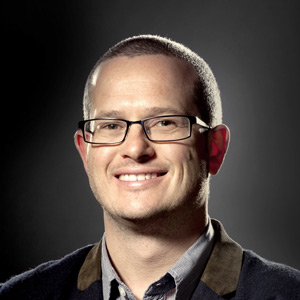
Web Directions is the must-attend event of the year for anyone serious about web development.
Phil Whitehouse,
Innovation Lead DigitasLBi

I’ve been admiring the Web Directions events for years, and was honored to be part… What a fantastic event!
Ethan Marcotte,
inventor "responsive Web design"

Out of any conference, Web Directions is far and away our favourite
Dave Greiner,
founder Campaign Monitor
About Us
Co-founded and now run by John Allsopp, Web Directions has for nearly 20 years brought together leading developers, engineers, visual, IxD, UX and product designers, Art and Creative Directors, product managers indeed everyone involved in producing web and digital products to learn from one another, and the World's leading experts across this vast field.
We spend our lives thinking about what comes next, keeping up with trends in technology, practices and processes, and filtering the hype, to make sure you don't miss trends that matter, and don't waste time on hype that doesn't.
We promise attending one of our events will leave you significantly better versed in the challenges you face day to day, and in solutions for addressing them.

John Allsopp
John Allsopp has been working on the Web for nearly 30 years. He's been responsible for innovative developer tools such as Style Master, X-Ray and many more. He's spoken at numerous conferences around the World and delivered dozens of workshops in that time as well.
His writing includes two books, including Developing With Web Standards and countless articles and tutorials in print and online publications.
His "A Dao of Web Design" published in 2000 is cited by Ethan Marcotte as a key influence in the development of Responsive Web Design, who's acclaimed article in 2010 begins by quoting John in detail, and by Jeremy Keith as "a manifesto for anyone working on the Web".
Code of Conduct
For over a decade, we've worked hard to create inclusive, fun, inspring and safe events for the Web Industry.
As part of our commitment to these values, we've adopted a code of conduct for all involved: ourselves, our speakers, our partners and our audience.
If you have any concern or feedback, please don't hesitate to contact us.